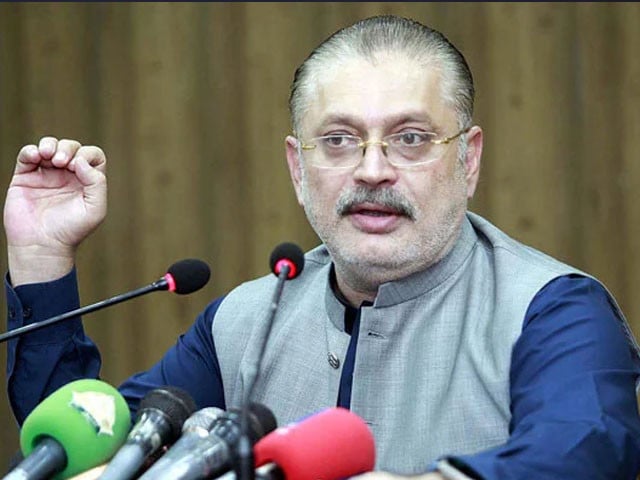KARACHI:
The Sindh government has expressed strong reservations over what it calls the federal government’s neglect of key development projects in the province, particularly the Hyderabad-Sukkur Motorway, in the newly announced Rs17.6 trillion federal budget for fiscal year 2025-26.
Senior Sindh Minister Sharjeel Inam Memon said the Hyderabad-Sukkur Motorway is not just critical for Sindh but for the entire country due to its central role in national trade routes.
“Karachi Port handles imports and exports for all of Pakistan. There is no viable alternative route to this motorway,” he said in a statement on Tuesday.
Memon, who also serves as the provincial minister for Information, noted that Sindh Chief Minister Murad Ali Shah had repeatedly reminded the federal government of the project’s importance and had even issued formal letters.
He said federal ministers had recently assured the provincial government that funds would be allocated in the budget. However, Memon criticised the allocation as insufficient.
“The construction of the Hyderabad-Sukkur Motorway is the responsibility of the federal government, not the Sindh government,” he said. “We were told the road would start soon and be completed quickly, but with the token amount allocated, this project can neither start promptly nor finish on time.”
Calling the funding “token money,” Memon said such large-scale projects require substantial and sustained financing over two to three years. He argued that at least 30 to 40 per cent of the total cost should have been allocated, as is the case with other national projects.
“By allocating just Rs15 billion, neither justice has been done to the project nor have national interests been considered,” he said. He also raised concerns about the underfunding of the K-IV water supply project, describing the allocations for both initiatives as “highly inadequate.”
The Pakistan Peoples Party (PPP), he said, is taking these budgetary decisions seriously and plans to review the budget in detail. Memon noted that the PPP had submitted formal proposals to Prime Minister Shehbaz Sharif and urged the federal government to cut unnecessary expenditures.
“When income does not increase, it becomes essential to control spending,” he said. “The budget targets set last time were not met. The FBR failed to meet its revenue goals.”
He warned that unless the government adopts a smarter approach to expenditure and reins in financial mismanagement, the economic system would remain under pressure, and the fiscal policy would not be sustainable.

